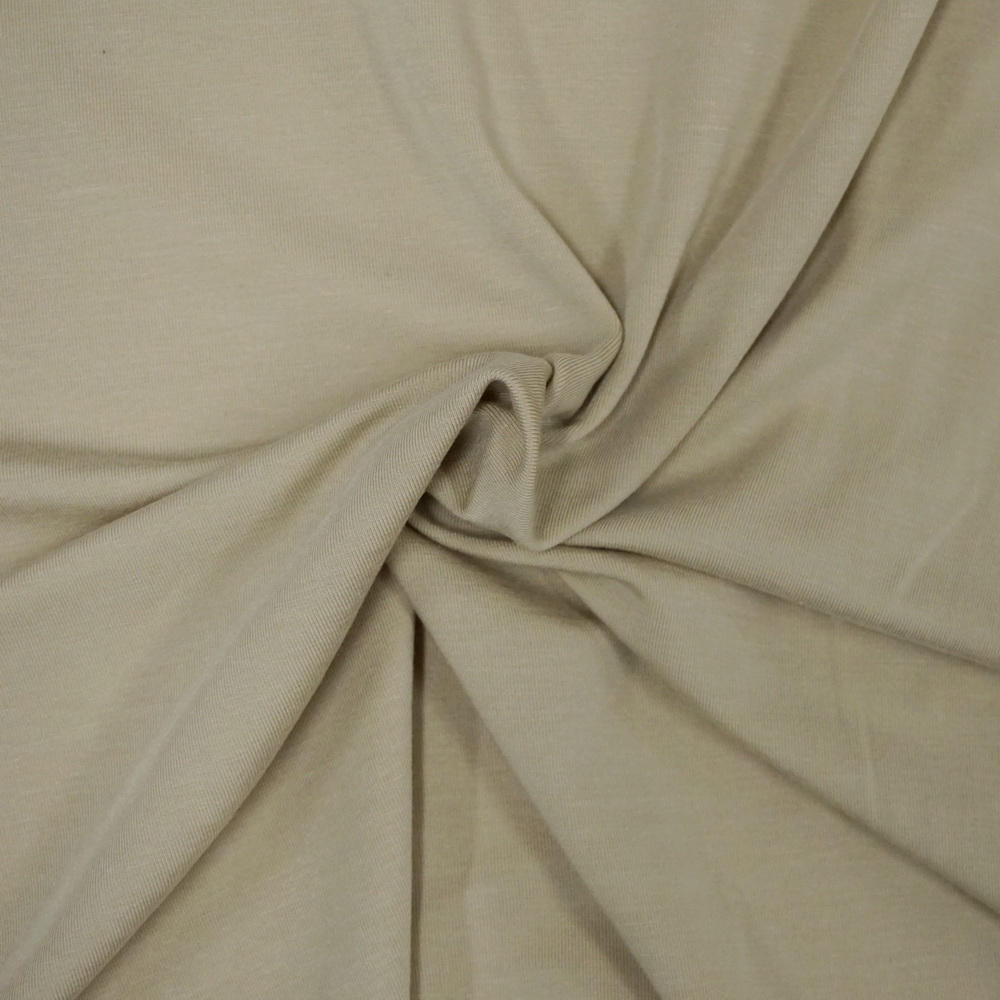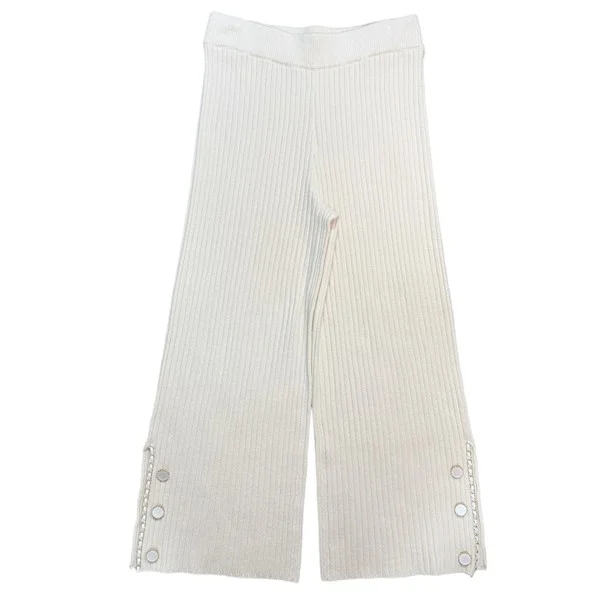When it comes to luxurious bedding and textiles, Egyptian cotton is often hailed as the epitome of quality and comfort. However, there have been debates and misconceptions surrounding the texture of Egyptian cotton. In this blog post, we will delve into the truth behind the popular belief that Egyptian cotton is rough. Through a comprehensive analysis of its characteristics, production process, and user experiences, we aim to provide you with a clear understanding of whether Egyptian cotton lives up to its reputation or falls short in terms of softness.
Understanding Egyptian Cotton:
Egyptian cotton is derived from the Gossypium barbadense plant, which is native to the Nile River Valley in Egypt. Renowned for its long staple fibers, this cotton variety is known for its strength, durability, and ability to produce fine, high-quality textiles. However, the perception of roughness associated with Egyptian cotton arises from several factors that we will explore further.
Factors Influencing Texture:
- Fiber Quality:
The quality of Egyptian cotton largely depends on the length, strength, and fineness of its fibers. While Egyptian cotton is generally known for its long staple length, variations in fiber quality can occur due to different growing conditions and cultivation techniques. Inferior quality cotton fibers may result in a coarser texture, leading to the misconception of roughness. - Weave Type:
The weave type used in the production of Egyptian cotton textiles also plays a significant role in determining their texture. Different weave patterns, such as percale or sateen, can affect the feel of the fabric. Percale weave, characterized by a simple one-over-one under pattern, tends to provide a crisp and cool feel, while sateen weave, with its four-over-one under pattern, offers a smoother and silkier texture. - Fabric Treatment:
The way Egyptian cotton is processed and finished can impact its final texture. Some manufacturers may subject the fabric to harsh chemical treatments or improper washing techniques, which can result in a rougher feel. Conversely, high-quality Egyptian cotton that undergoes gentle processing and finishing methods tends to retain its softness and luxurious touch.
User Experiences:
While there are instances where individuals have reported Egyptian cotton feeling rough, it is crucial to consider various factors that may contribute to this perception. Personal preferences, sensitivity to different textures, and individual expectations can greatly influence how one perceives the feel of Egyptian cotton. It is important to note that not all Egyptian cotton products are created equal, and the texture can vary depending on the brand, thread count, and manufacturing processes.
Conclusion:
In conclusion, the belief that Egyptian cotton is rough is not entirely accurate. The texture of Egyptian cotton can vary depending on factors such as fiber quality, weave type, and fabric treatment. By choosing high-quality Egyptian cotton products from reputable brands and paying attention to the weave type and fabric treatment, you can ensure a soft and luxurious experience. Remember, personal preferences and individual sensitivities also play a role in how one perceives the texture of Egyptian cotton. So, next time you consider purchasing Egyptian cotton bedding or textiles, rest assured that with the right choices, you can indulge in the comfort and softness that this renowned fabric has to offer.


